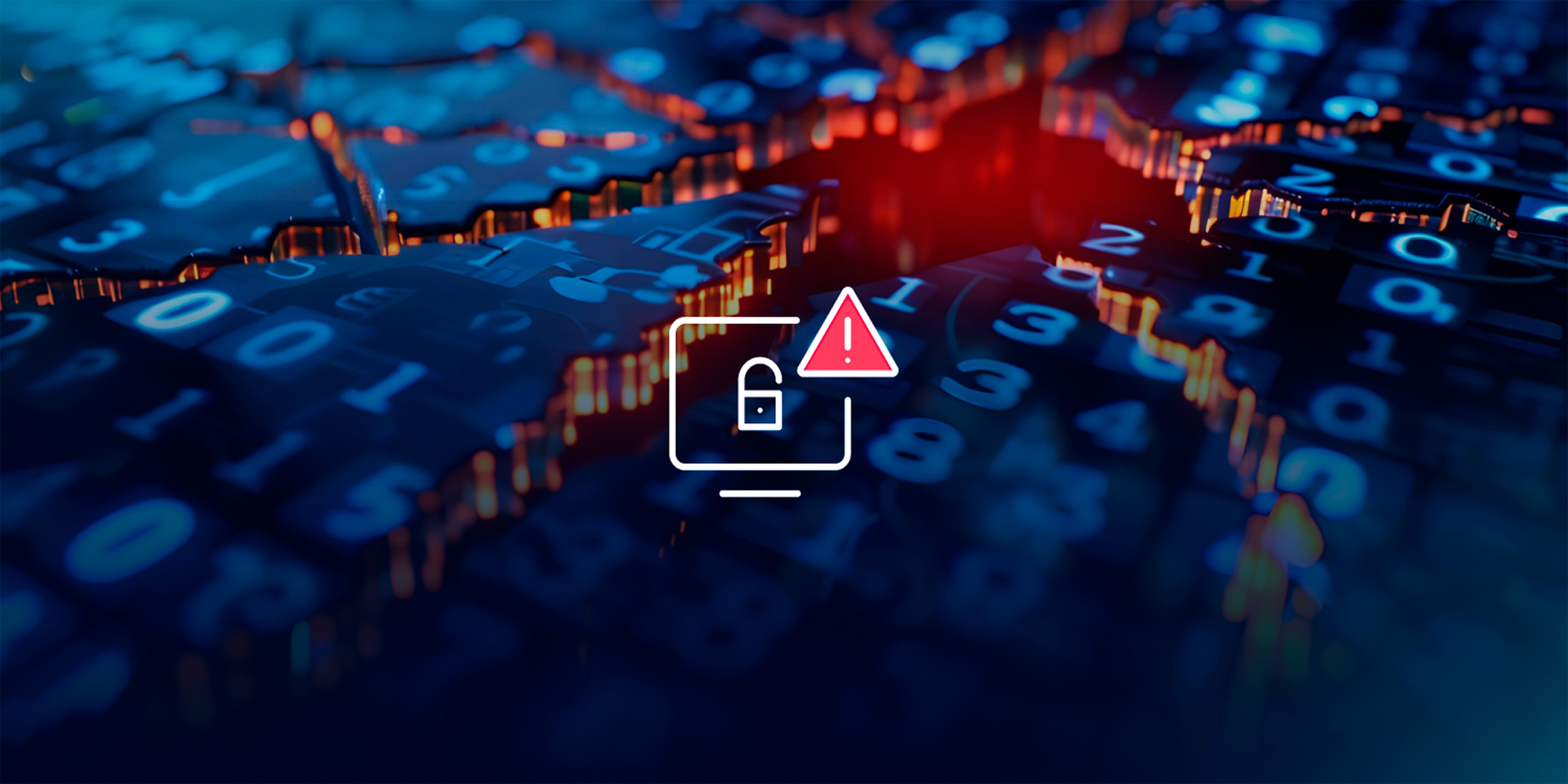In today’s digital age, maintaining the integrity and security of systems is paramount. Regular security audits play a crucial role in ensuring that systems remain secure and compliant with industry standards. This article delves into the importance of regular security audits and how they help maintain system integrity.
Understanding Security Audits
Security audits are systematic evaluations of an organization’s information system by measuring how well it conforms to a set of established criteria. These audits can reveal vulnerabilities, ensure compliance, and help implement best practices.
Types of Security Audits
Several types of security audits exist, each serving different purposes. Compliance audits ensure that systems adhere to regulatory requirements, such as GDPR or HIPAA. Internal audits are conducted by an organization’s own staff to identify potential security weaknesses. External audits are performed by third-party entities to provide an unbiased assessment of the system’s security posture.
Regularly conducting these audits can identify gaps and inefficiencies in the security infrastructure, enabling timely remediation.
Key Components of a Security Audit
A comprehensive security audit involves several components. These include:
- Risk assessment, which involves identifying potential threats and vulnerabilities that could impact system integrity
- Policy review, evaluating existing security policies and procedures to ensure they are up to date and effective
- Access controls, assessing the mechanisms in place to control who can access system resources and data
- Network security, reviewing the network architecture and defenses to identify potential points of compromise
- Incident response, evaluating the organization’s capability to detect, respond to, and recover from security incidents
Each of these components is crucial for a holistic understanding of the system’s security status.

The Benefits of Regular Security Audits
Regular security audits offer numerous benefits that contribute to maintaining system integrity and overall security.
Identifying Vulnerabilities
One of the primary benefits of regular security audits is the identification of vulnerabilities. Audits can uncover weaknesses in software, hardware, and procedural defenses that could be exploited by attackers. According to a report by the Ponemon Institute, 60% of data breaches in 2023 involved vulnerabilities that were known but not addressed.
By identifying these vulnerabilities, organizations can take proactive measures to mitigate risks before they are exploited.
Ensuring Compliance
Compliance with industry regulations and standards is critical for avoiding legal and financial penalties. Regular security audits help ensure that systems comply with relevant regulations, such as GDPR, HIPAA, and PCI-DSS. Non-compliance can result in significant fines and damage to an organization’s reputation.
A study by Deloitte found that organizations that conduct regular compliance audits are 30% less likely to experience a data breach.
Enhancing Incident Response
Security audits can significantly enhance an organization’s incident response capabilities. By evaluating current response procedures and identifying gaps, audits help organizations develop more effective incident response plans. This ensures that, in the event of a security breach, the organization can quickly and efficiently mitigate the impact.
According to IBM’s Cost of a Data Breach Report 2023, organizations with a robust incident response plan in place reduce the cost of a data breach by an average of $2 million.

Implementing Regular Security Audits
To reap the benefits of security audits, organizations must implement a structured and consistent audit process. This involves planning, executing, and reviewing audits on a regular basis.
Establishing a Security Audit Plan
The first step in implementing regular security audits is to establish a comprehensive audit plan. This plan should outline the scope, objectives, and frequency of audits. It should also define the roles and responsibilities of personnel involved in the audit process.
A well-defined audit plan ensures that audits are conducted systematically and cover all critical aspects of system security.
Conducting the Audit
During the audit, auditors will assess various components of the system against established criteria. This may involve vulnerability scanning, penetration testing, policy reviews, and interviews with staff. The use of automated tools can streamline the audit process and ensure thorough coverage.
It is essential to document all findings and observations during the audit to create a detailed audit report.
Reviewing and Acting on Audit Findings
After the audit is complete, the findings must be reviewed by relevant stakeholders. This includes senior management, IT staff, and compliance officers. The audit report should provide actionable recommendations for addressing identified vulnerabilities and improving security measures.
Timely implementation of these recommendations is crucial for enhancing system security and maintaining compliance.
Challenges and Solutions in Security Audits
While security audits are essential, they can present several challenges. Understanding these challenges and implementing solutions can help organizations conduct more effective audits.
Resource Constraints
Security audits can be resource-intensive, requiring time, expertise, and financial investment. Smaller organizations, in particular, may struggle with the necessary resources to conduct thorough audits.
Outsourcing audits to third-party experts can provide the necessary expertise without overburdening internal resources. Additionally, leveraging automated tools can reduce the time and effort required for audits.
Keeping Up with Evolving Threats
The threat landscape is constantly evolving, with new vulnerabilities and attack vectors emerging regularly. Staying ahead of these threats can be challenging.
Regular training and continuous education for IT and security staff are essential for keeping up with the latest threats and mitigation techniques. Implementing a robust threat intelligence program can also provide valuable insights into emerging risks.
Ensuring Consistency
Maintaining consistency in the audit process is crucial for obtaining reliable results. Inconsistent audits can lead to gaps in security and compliance.
Establishing standardized procedures and checklists for audits can ensure consistency. Regular reviews of the audit process itself can also help identify and address any inconsistencies.
Conclusion
Regular security audits are vital for maintaining the integrity and security of systems. They help identify vulnerabilities, ensure compliance, and enhance incident response capabilities. By implementing structured audit processes and addressing common challenges, organizations can strengthen their security posture and protect their assets from evolving cyber threats. Embracing regular security audits is a proactive approach to safeguarding system integrity and ensuring long-term resilience against cyber threats.




